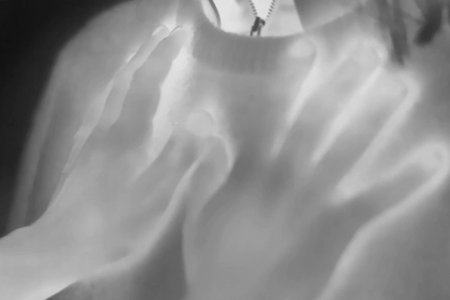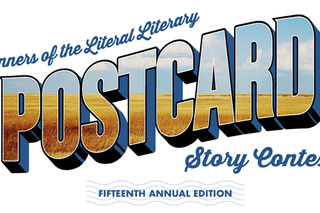
Co-directors Dyana Winkler and Tina Brown started making a film about the death of roller rinks and skating in America. But Winkler recalls that she was told: skating isn’t dead - it just went underground. As she travelled around the country to various cities and rinks to meet people involved in the culture of roller skating, she would be told: our night is Tuesday, our night is Saturday. What do you mean “your night?” she would ask.
It turns out that roller skating remains deeply segregated. It is mind-blowing that this separation between black and white culture, between services and amenities for black and white communities, remains so firmly entrenched. This segregation is also coded. Black nights at roller rinks, with a specific type of soundtrack and vibe, are known as “adult nights.” In various locations and eras they have also been called soul nights, R&B nights, sepia nights. In the present day, white rinks discourage black patrons with signs that say “No R&B played here” and which ban the customized skates which are a significant aspect of black rink culture.
United Skates follows three main characters: Phelicia who skates with her five kids in Los Angeles, Reggie who is stuck in North Carolina, a state with few rink options, and Buddy who runs a rink with his family in Chicago. They are all under threat. Dozens of rinks close every year, usually because of a combination of corporate interests and institutionalized racism, not because they aren’t viable businesses.
The skating itself, which is a unique and inventive form of dance, is amazing to watch. After the screening, Winkler talked about giving cameras to skaters (and then giving multiple rounds of feedback and pointers) to help capture such good footage. As an art form it is joyous and gravity-defying and wildly creative. But the personal stories and the big picture narrative are emotional and often upsetting. Police are a constant presence at rinks in urban areas, but only when the black people come to skate. The constant policing is visceral and the film gives a strong impression of how it feels to be told that you are dangerous when you are taking your family out to roller skate.
United Skates presents a sad and shocking story of prejudice. After the Civil Rights movement, rinks found that if they wanted to stay financially viable they had to stay segregated. They saw what had happened to the many pools and dance halls, which had closed because white people would simply not go once people of colour were not legally excluded. Hence the carefully coded use of language to suggest when black people could attend.
Crucially, the film links the legacy of legalized racism with the economic oppression of various communities. Reggie notes that while rinks which are operated by black families or which welcome their community are forced out by changes in zoning and non-renewal of leases, multinational companies like McDonald’s and Dunkin’ Donuts in the same zoning corridor are given tax breaks and other public funding subsidies. The encouraging moment in the documentary comes when, after several years with nowhere to skate in Los Angeles, iconic rink World on Wheels (once the only place where a gang truce existed) reopens. The owners make it clear that they could not have reopened without backroom deals and networking with political contacts. The other hardworking, successful small business owners keep getting shut down, not because there is no demand, but because they don’t have access to corridors of power.
This is relevant to many pursuits in many locations. In Vancouver, art spaces are squeezed out to make room for developers to scoop up properties and evict tenants. Such spaces often find that all of a sudden they are targeted by constant inspections from different city agencies, and given mandated fixes that they could not possibly comply with. For example, one underground music venue, which had operated for years with full support from law enforcement, was eventually shut down because there was a sink in the wrong room. World on Wheels is under threat again, Winkler reported, for various unjust reasons, including complaints that the security guards are Muslims. Closing venues that exist for minority communities for no real reason is just one more form of oppression.
In the 1980s and ‘90s, roller skating was tied to the music scene. Many famous figures (Queen Latifah, Dr Dre, Salt-N-Pepa, Wu-Tang Clan) deejayed and performed in rinks, and in smaller towns the rink was often the only place to see and hear this kind of music. Perhaps some of the rap and hip-hop millionaires should honour their roots by investing in their communities and helping the rinks stay open.
United Skates is a great companion piece to Roller Dreams, which showed at DOXA earlier this year, and told the story of the iconic roller skating community at Venice Beach in Los Angeles. They were harassed out of existence by law enforcement, a relatively easy task because the beach was visible and a public space. It is interesting that certain interest groups can just as effectively stop a community of people from roller skating in private as well.





